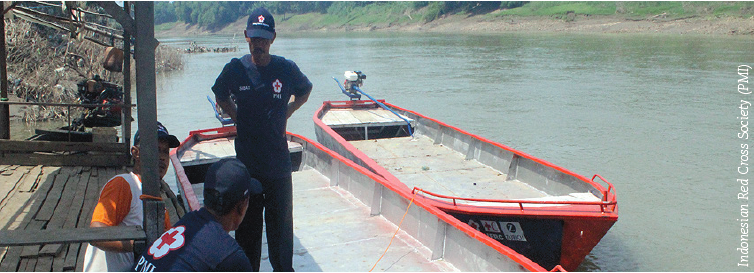Infiltration wells for flood mitigation in Sewu Village – Flood Resilience

Sewu is among the most flood -prone villages in the Surakarta District, Indonesia. Hundreds of houses are located close to the riverbank; many are unauthorized settlements that have substandard facilities and infrastructure.
The residents of Sewu Village have built infiltration wells to reduce the risk of flooding. Infiltration wells enable water to seep into the ground and can be used, for instance, to tackle flooding in watersheds.
The Flood Resilience Alliance (2013 -2017) is a five-year partnership that set out to develop a model that would deliver effective community flood resilience programmes at scale and contribute to shaping the flood resilience agenda of policy-makers and donors.
The Flood Resilience Alliance (2013 – 2017) , First Flood Resilience Innovation Conference
https://preparecenter.org/resources/flood-resilience-alliance-2013-2017, https://media.ifrc.org/innovation/2017/02/27/what-happened-in-the-first-flood-resilience-innovation-conference/
